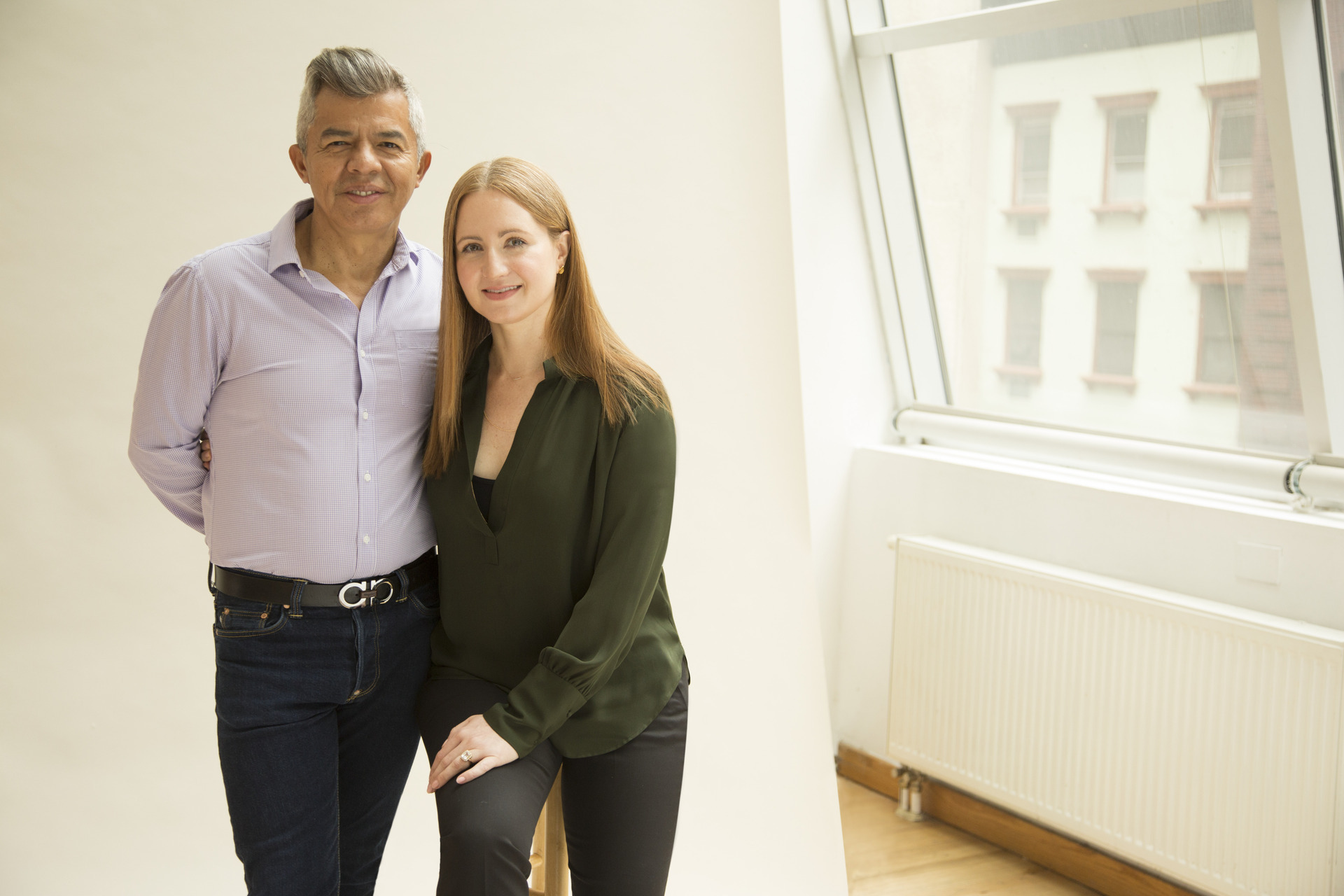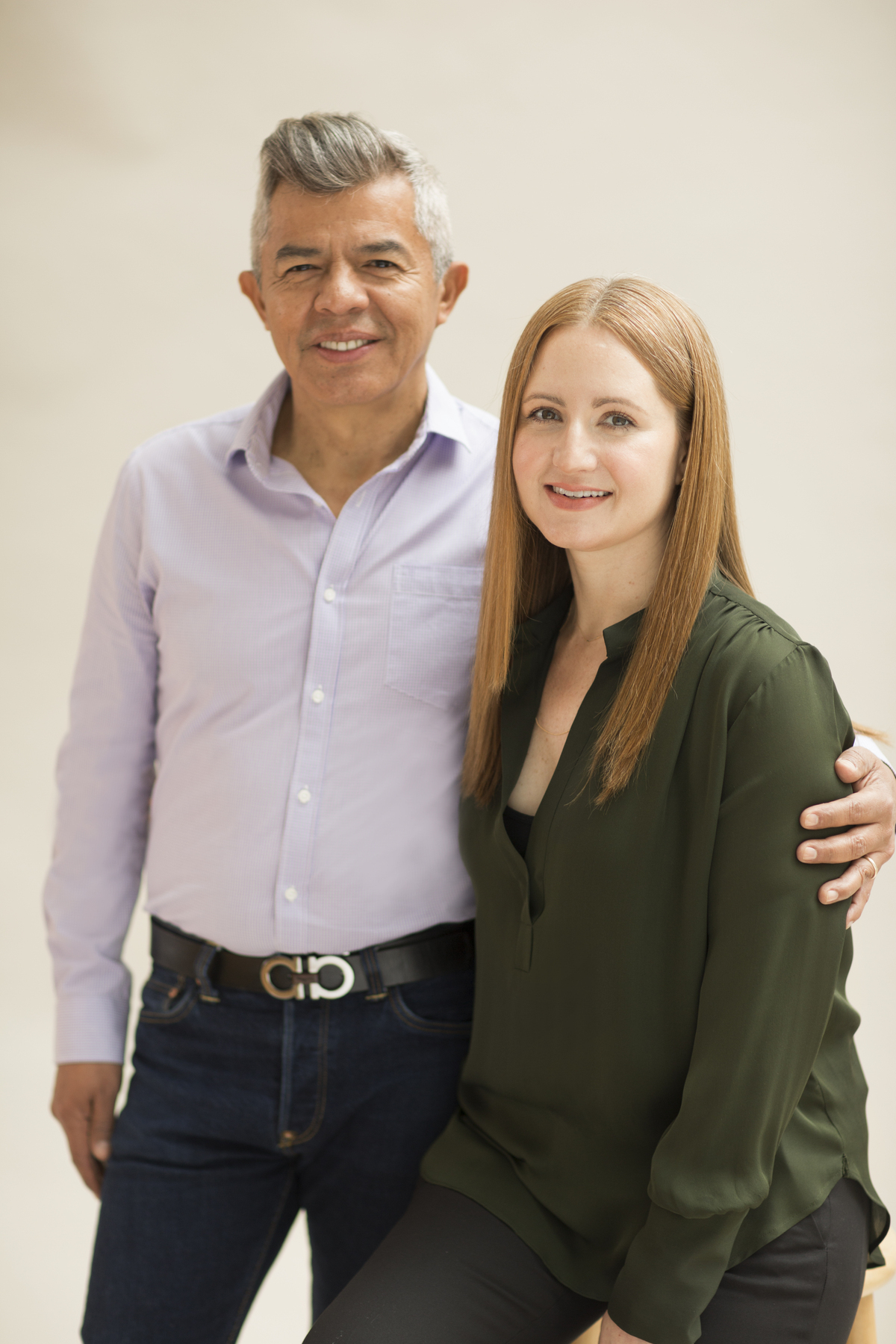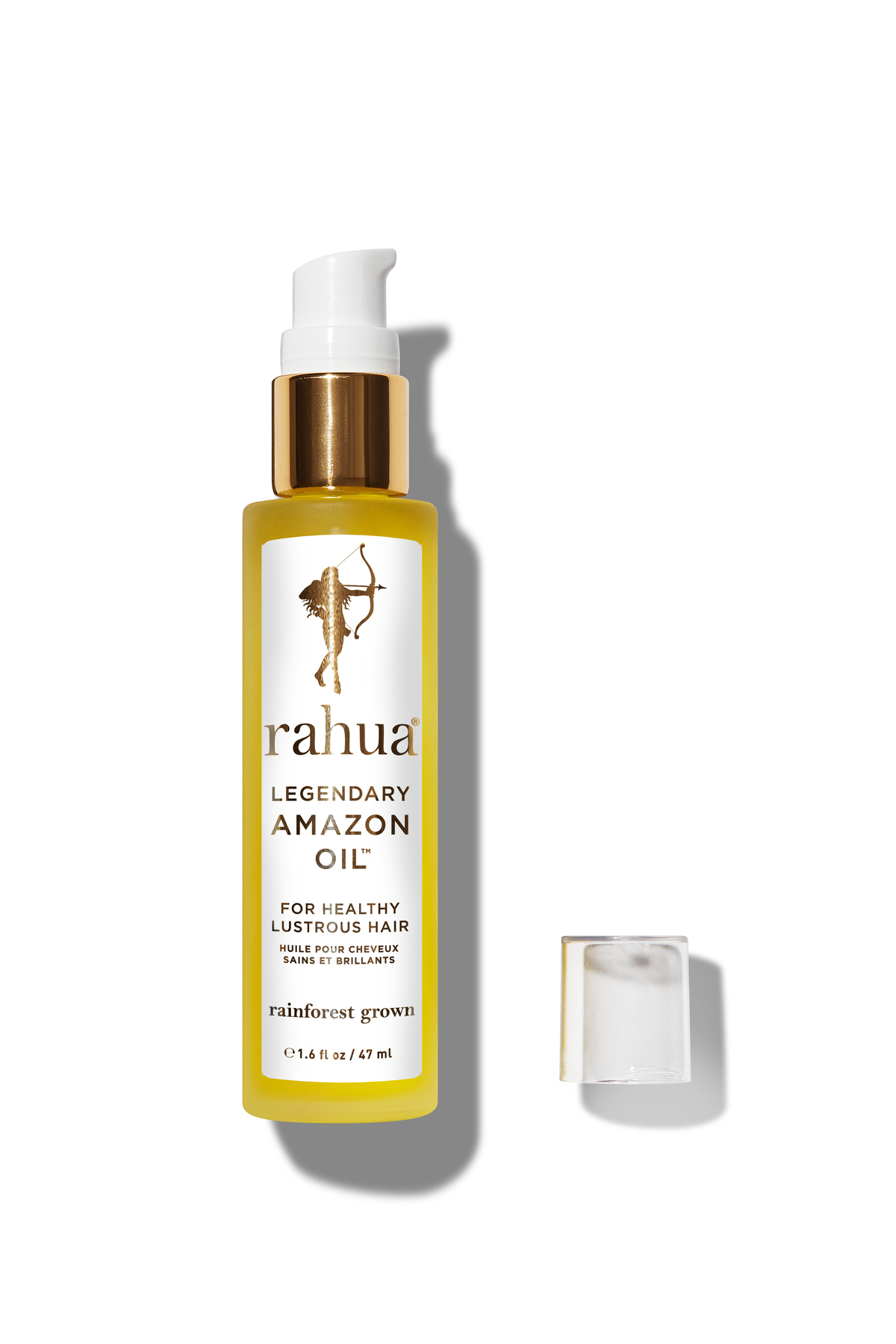
Seeking the Natural Beauty | Interview with Anna Ayers & Fabian Lliguin
Just like any other, cosmetics industry raises concerns over its progression around sustainability. We asked the founders of Rahua, Anna Ayers and Fabian Lliguin, on how they produce natural and sustainable beauty.
Seeking beauty for one sometimes costs a lot to our planet. Especially since the cosmetics industry became more and more in demand and products are overconsumed. Often it is seen that some ingredients that present danger to well-being like silicosis and paraben are included in cosmetics products. Thus, the industry is heavily shaped to a problematic stage: Great carbon emissions, animal welfare issues during testing, lack of consensus on naturally sourced preservatives to be durable, plastic packaging, huge water use, and problems caused by the transportation phase. There, the cosmetics industry raises a concern about if a natural, sustainable, and productive variant of beauty will ever exist. We asked Anna Ayers and Fabian Lliguin, the founders of the New York-based sustainable cosmetics brand Rahua how they create, envision, and contribute to our path toward sustainable and natural beauty. The brand leans toward the auld beauty practice of women of Amazon Forest, use of rahua oil for their hair and skin. With inspiration from the Amazon forest, Rahua formulates plant-based beauty products where sustainability is at the core of its production. Here is an awakening interview with Anna Ayers and Fabian Lliguin.
L: Luxiders Magazine
AA & FL: Anna Ayers & Fabian Lliguin
L: The industry relies heavily on various ingredients, some of which may be obtained from unsustainable sources. For instance, certain plant extracts and oils may be obtained through deforestation or over-harvesting, which can harm ecosystems and biodiversity. Promoting responsible ingredient sourcing, such as using sustainably grown or ethically sourced materials, is crucial for long-term sustainability. Do you think this is being done sufficiently in the industry?
AA & FL:These days cosmetics brands and manufacturers have a lot more clean choices (from well-managed forests) thus [they] avoid deforestation, which is the first step. The complete solution is not quite here yet, but regardless overall, we are slowly moving in the right direction.
Yet, At the same time, the industry must become more responsible for its consumers’ health and the environment and more alternatives need to happen, in my opinion. The cosmetic industry should take care of the still-standing world forests, that is Rahua’s mission.
There always will be a need for ever cleaner ingredients, humans have overpopulated the world and overconsumption is the norm, we have to be responsible as individuals. Measuring less to waste should be the norm and companies need to create a full spectrum of true clean choices.
L: What is the most sustainable solution to that by Rahua?
AA & FL: Every individual and every company needs to reduce their own CO2 footprint, this metric of CO2 absorption effect will also reduce everything else. Since the manufacturing of these conventional materials and ingredients is made mostly from petroleum, these conventional materials are causing slow harm and damage to the environment – including the oceans and forests, and metropolitan areas. It is better to depend on plants than on petroleum, as all plant ingredients and materials dissolve easily in nature. While synthetic ingredients sometimes take thousands of years to dissolve.
L: Many cosmetics and skin care products contain chemicals that can be harmful to human health or the environment. This includes ingredients like parabens, phthalates, and certain fragrances. Do you think there is a possibility to create products that have longer shelf lives without using paraben and silicone? If yes, how?
AA & FL:The shelf life is 3 years – natural preservative systems that preserve longer than that are already available. Conventional parabens are no longer the only choice, big beauty companies need to change this common practice and their means. This also means political lobbying to generate these funds to invest in natural preservative systems.
Our top seller Legendary Amazon Oil gives ultra-shine to hair and performs like a lightweight silicone.
L: Historically, the cosmetics industry has relied on animal testing to ensure product safety, which raises ethical concerns and animal welfare issues. Do you think the cosmetics industry is using word tricks in this sense, confusing cruelty-free with vegan, a word that is also wrongly associated with sustainability?
AA & FL:Yes, we must admit that some brands use “vegan” to get around cruelty-free or petroleum-based ingredients. It sounds sustainable, the consumer has the power and becomes aware of it – and buys from the heart.
L: What do you think about alternative testing methods, such as in vitro testing and computer modeling, can they help reduce reliance on animal testing and promote more sustainable practices?
AA & FL:Animal testing is no longer the best choice, ingredients are getting cleaner, and the bad ingredients are being labeled, so software and AI can do a good job so far. Studies have proven that animal testing correctly predicts human response to cosmetics only 40-60% of the time, while alternatives are correct 80% of the time. Animal testing is not only inefficient but also expensive.

L: Cosmetic products often contain non-biodegradable components, such as plastic containers or microbeads, which can be challenging to recycle or dispose of properly. Do you think bio-sourced plastic packaging or refillable packaging will take us to more sustainable beauty care?
AA & FL: Organic plastics are slowly moving in the right direction, but mostly these plastics end up in the garbage because there are no ways to dissolve these materials.
L: What do you think about glass as packaging? Are there any innovative recycling technologies you are implementing?
AA & FL: Glass is a great alternative, especially when it is reused or refilled. Rahua is switching to glass.
Down-to-earth techniques help, for example, plastic is recycled by every government around the world and is made into floor tiles or similar. At some point, plastic has to be standardized, because that way people can create any object at home or in industry with a 3D printer. Time will tell.
L: The energy-intensive nature of manufacturing processes, transportation, and packaging in the cosmetics industry contributes to greenhouse gas emissions and climate change. Do you think cosmetics brands are transparent here and should they inform the customers about how they save energy?
AA & FL: Yes, customers want and love to know that. Some companies are transparent, while others are too big to control the whole process. We need better and more accurate metrics. That way everyone will be on the same page about a clean environment.
L: The production of cosmetics and skincare products requires significant amounts of water, both for ingredient cultivation and manufacturing processes. Implementing water-efficient practices and exploring alternative manufacturing methods can help reduce water consumption. What are the challenges here and what is your proposal?
AA & FL:Water should not be taken directly from sources – that is the beginning of the cycle – but must be obtained after water services have been provided. For example, recycled water that has been used to irrigate fields, [should be] then filtered, treated, and biologically disinfected for use in industry.
Reduce, recycle, and reuse should be the norm for a better future for humanity.

AA & FL:Our Rahua Legendary Amazon Oil is the most sustainable product because it is a combination of glass packaging, a highly concentrated formula, multifunctional treatment options, natural preservation system, natural color, and wonderful natural fragrance.
Interview:
Tolga Rahmalaroglu
Luxiders Magazine Contributor








